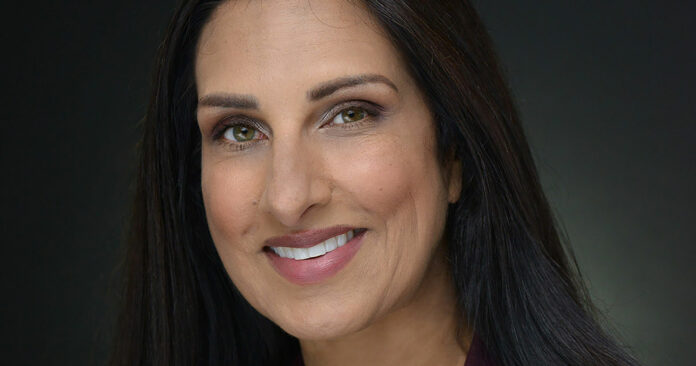For members of previous generations, a “wakeup call” meant having a hotel employee ring their room at a certain time to rouse them from bed. Today the term is used when we’ve been doing something self destructive for some time (perhaps without realizing it) before something serious happens that forces us to come to terms with those bad habits.
Observed annually on the fourth Tuesday in March by the American Diabetes Association, Diabetes Alert Day is a one-day “wake-up call” that focuses on the seriousness of diabetes and the importance of understanding our risks.
This year that wake-up call occurs on March 28, but there’s no time like the present to face the realization that the disease is winning the battle on a national level.
The statistics are alarming:
- 37.3 million Americans — or about 11.3% of the population — currently have diabetes.
- About 1 in 5 Americans living with diabetes, or 8.5 million people, are unaware that they have the disease.
- Approximately 96 million people over the age of 18 have prediabetes, a condition in which blood glucose levels are higher than normal but not high enough to be diagnosed as diabetes.
- More than 8 in 10 adults living with prediabetes don’t know they have it.
Diabetes and rural healthcare
As the primary healthcare organization serving the rural communities of Southern Monterey County, Mee Memorial Healthcare System takes diabetes education seriously.
There exists an increased concern for rural communities such as ours compared to urban areas. This is due to more prevalent risk factors and often more limited access to services.
Common risk factors for diabetes include:
- Obesity
- Physical inactivity
- Poor diet
- Older age (age 45 and older)
- Family history of diabetes
If you have diabetes, you need to make choices and take action every day to manage blood sugar levels. That includes eating healthy food, being physically active most days, taking medicine if needed, and getting regular checkups.
Diabetes is challenging for anyone to manage, but you may have additional barriers, including:
- Communication: If you can’t communicate fully with your doctors or they don’t understand your values and preferences, you’re less likely to follow treatment instructions and make lifestyle changes.
- Culture: You may put the needs of your family before your own health needs. You may want to use natural or traditional medicines instead of standard diabetes treatments. Many people also believe that taking insulin will cause diabetes complications (this isn’t true).
For help dealing with daily diabetes care, ask your doctor for a referral to diabetes self-management education and support services (DSMES). These services can help you improve blood sugar, blood pressure, and cholesterol levels to enhance your quality of life.
Help could also come from around your own dinner table. When a family member has to change what he or she eats to manage diabetes, it affects the whole family. This can be an opportunity for everyone to make healthy changes, which is especially important for kids, because learning healthy eating habits early gives them the best chance to prevent diabetes later.
If you or someone you love are at risk for type 2 diabetes, try taking this quick and simple Diabetes Risk Test.
Diet plays a significant role
One of the best ways to control or ward off the onset of diabetes is to practice more healthful eating habits.
It just so happens that the Academy of Nutrition and Dietetics has designated March as National Nutrition Month. Its goal is to help others learn about making informed food choices and developing healthful eating and physical activity habits.
Following a balanced diet and eating meals at consistent times can help you lose weight and control blood glucose control. Glucose comes primarily from the foods that we eat, specifically carbohydrates — and it’s not just sweets.
While all carbohydrate-containing foods affect your blood glucose levels, they also play an important role in your overall health by providing energy for your daily activities. Let’s debunk one popular myth though: You do not need to cut carbohydrates out of your diet!
When putting together a meal plan, include a variety of the following foods:
- Grains — whole-grain pasta, breads and cereals, and brown rice
- Vegetables — spinach, romaine, tomatoes and other colorful vegetables
- Protein — lean meat, chicken, fish, lentils, beans, tofu and tempeh
- Dairy — low-fat or fat-free yogurt, low-fat or fat-free milk, and fortified soy milk
- Fats — avocado, walnuts, olive oil
A registered dietitian nutritionist can help you create a customized plan that takes into consideration your food preferences, age, sex, activity level and medical diagnoses.













